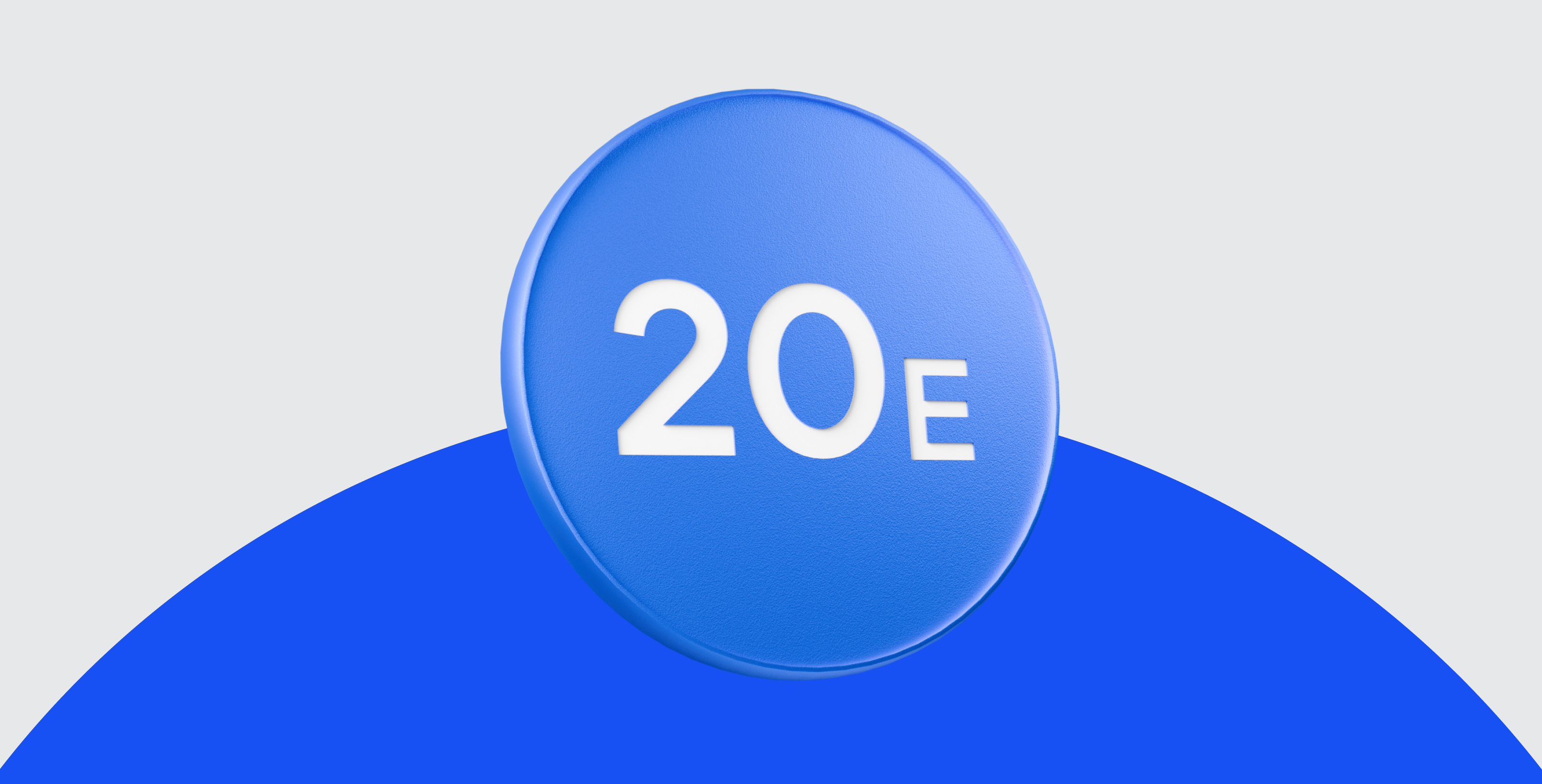Weathering Market Volatility: South African Investors Turn to Private Credit for USD Stability

Global markets are feeling increasingly shaky, and South African investors are particularly aware of the rand's volatility. In this environment, the question of where to find stable returns in hard currency often arises. At Altify, we're seeing growing interest in how private credit has historically performed during such times, offering a compelling avenue for USD investment.
Here’s a quick guide based on industry data.
How Does Private Credit Perform in Volatile Markets?
Historically, private credit has demonstrated resilience through turbulent markets:
- During the Global Financial Crisis of 2008–09, private direct lending experienced a peak-to-trough loss of just 7.7%, significantly less severe than the 27% drawdown suffered by high-yield bonds, and even better than the 8.6% loss for investment-grade corporate bonds.¹
- When COVID-19 struck the market (Q1 2020), private credit declined by only 7.6%, compared to a 19.6% drop in the S&P 500.²
- In 2022, when both stocks and bonds declined, private credit again showed defensive characteristics. While the S&P 500 fell 18% (its worst year since 2008), direct lending strategies had essentially no negative drawdown. By contrast, public high-yield bond indices saw drawdowns of nearly 15% in 2022, and investment-grade bonds fell over 19%.¹
What are the Benefits of Private Credit During Volatile Markets for South African Investors?
Here are three key benefits that make private credit a potentially defensive portfolio allocation, especially for those seeking USD exposure during volatile markets.
- Low Correlation to Public Markets – True Diversification for SA Portfolio:
Private credit offers a low correlation to traditional public markets, providing genuine diversification for South African investment portfolios. This can help reduce overall portfolio volatility because its performance is more closely tied to the fundamental health of borrowers than to the often unpredictable sentiment of public markets. It's worth noting, however, that during prolonged global recessions, even private credit could experience losses. - Attractive USD Returns with Lower Volatility:
Private credit generally offers attractive total returns (typically 8%-12%+ annually) in USD, often with lower volatility compared to equities. Historical data suggests that private credit can provide equity-like returns with significantly less volatility. In fact, 2023 research by T. Rowe Price indicated that private credit delivered nearly the same returns as US stocks with 75% less volatility.³ While default risks do exist – particularly in severe economic downturns – choosing experienced fund managers is crucial, and platforms like Altify focus on partnering with established players. - The Potential of Illiquidity Premium for Enhanced USD Yields:
An important aspect of private credit is its relative illiquidity. For many private credit opportunities, investors should be prepared for longer holding periods with limited or no immediate redemption options. This makes private credit particularly suitable for investors comfortable with a longer-term investment horizon in exchange for potentially higher yields in USD. This "extra yield" is known as the illiquidity premium – the additional return investors may earn for committing capital to less liquid assets. Altify provides access to carefully structured private credit offerings with clear terms.
Ready to explore the potential of diversified private credit for USD returns? Discover ALFI available on Altify.
Why Does Private Credit Often Outperform Other Asset Classes in Volatile Markets?
The inherent structure of private credit contributes to its resilience during market fluctuations, making it an attractive option for those seeking USD stability:
- Focus on Senior, Secured Loans:
Private credit often focuses on first lien loans, which tend to be less impacted by downturns compared to riskier investments like junior debt or equities. Recovery rates on first lien loans in default scenarios are also typically higher. - Not Marked-to-Market:
Unlike publicly traded assets, private credit is not typically marked to market daily. This means it's less susceptible to short-term market sentiment and tends to exhibit less extreme price swings during volatile periods. - Contractual USD Cash Flows:
Private credit often involves contractual cash payments in USD. Absent significant borrower distress, this allows investors to receive regular income streams even during times of heightened market volatility. - Structural Protections:
Private credit agreements often include structural protections such as covenants and security interests, providing lenders with greater control in downside scenarios.
Private Credit: A Portfolio Allocation for Consistent USD Income
For South African investors seeking added stability and USD income during market volatility, private credit can be an effective diversifier. It offers the potential for steady returns in a hard currency, along with a degree of downside protection. However, it's crucial to carefully consider your liquidity needs and understand the specific risks involved with each private credit opportunity.
At Altify, we aim to provide South African investors with access to carefully vetted private credit opportunities to generate consistent USD yields.
Ready to explore how private credit could provide stability and USD returns in your portfolio? Open an account with Altify today.
Data Sources
¹ StepStone Group LP. (2023). Relative attractiveness of direct lending: liquidity, volatility and drawdowns.
² AAM Company. (2024, December 4). The rise of private credit.
³ T. Rowe Price. (2023). What is private credit?




